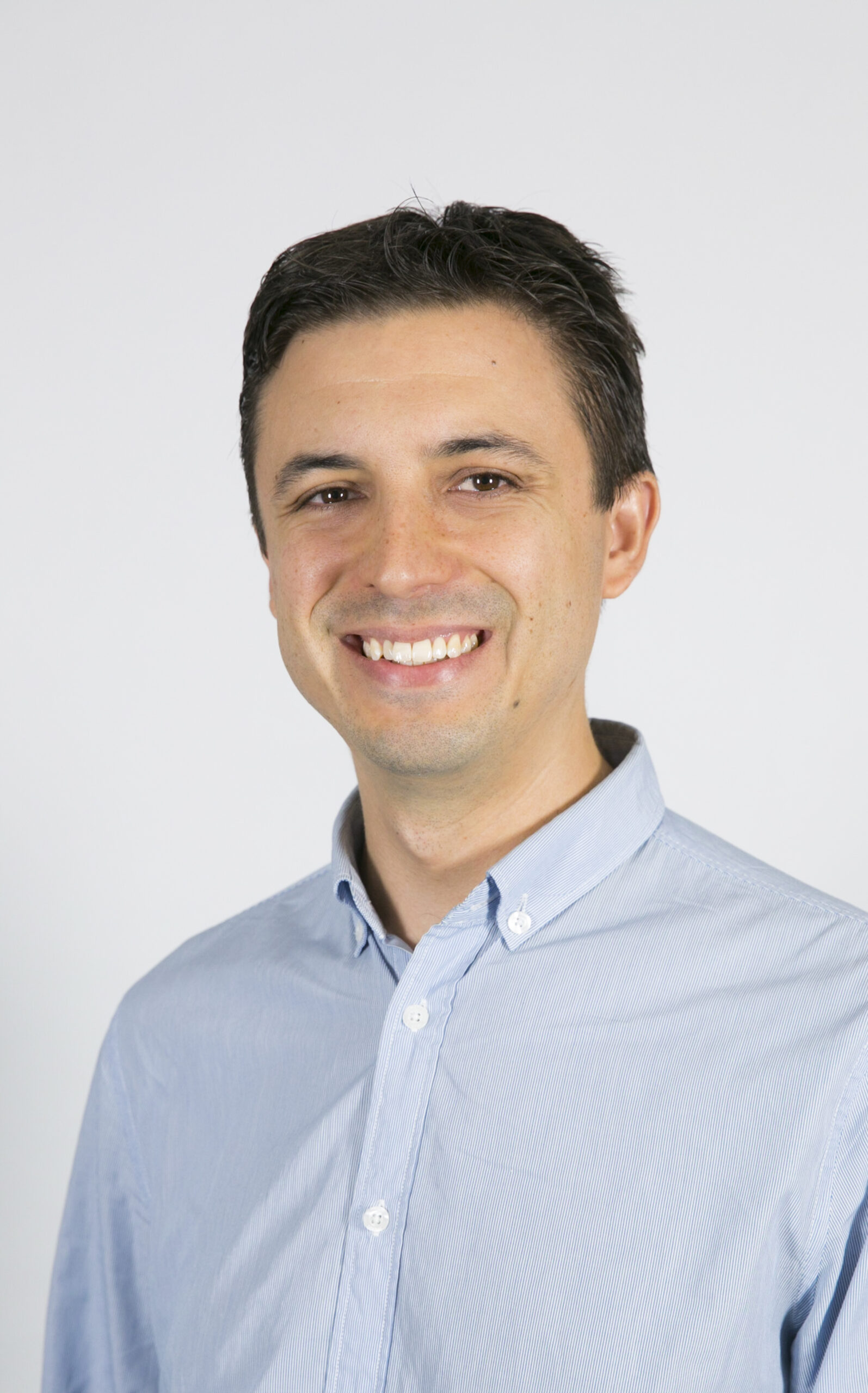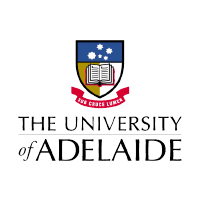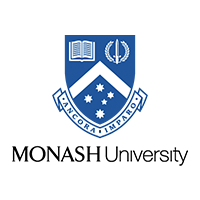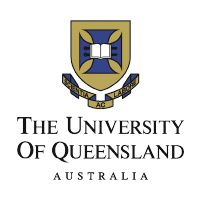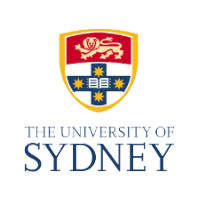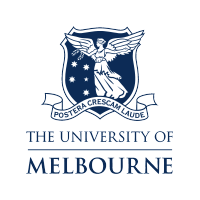Curriculum
Units
The BCA Program has 3 course options and is comprised of 15 units or individual subjects.
Semester
Unit of Study
Course Requirement
1 2
Mathematical Foundations for Biostatistics (MFB)
MA GD
PREREQUISITES: None
On completion of this unit students will be able to follow the mathematical demonstrations and proofs used in biostatistics at Masters degree level, and to understand the mathematics behind statistical methods introduced at that level. The intention is to allow students to concentrate on statistical concepts in subsequent units, and not be distracted by the mathematics employed.
COORDINATORS:
1 2
Data Management and Statistical Computing (DMC)
MA GD
PREREQUISITES: None
The aim of this unit is to provide students with the knowledge and skills required to undertake moderate to high level data manipulation and management in preparation for statistical analysis of data typically arising in health and medical research.
COORDINATORS:
1 2
Principles of Statistical Inference (PSI)
MFB
MA GD
PREREQUISITES: Mathematical Foundations for Biostatistics
To provide a strong mathematical and conceptual foundation in the methods of statistical inference, with an emphasis on practical aspects of the interpretation and communication of statistically based conclusions in health research.
COORDINATORS:
1 2
Regression Modelling for Biostatistics 1 (RM1)
EPI, MFB, PSI
MA GD
PREREQUISITES: Epidemiology, Mathematical Foundations for Biostatistics
CO-REQUISITES: Principles of Statistical Inference
To enable students to apply methods based on linear models to biostatistical data analysis, with proper attention to underlying assumptions and a major emphasis on the practical interpretation and communication of results.
COORDINATORS:
1 2
Regression Modelling for Biostatistics 2 (RM2)
EPI, MFB, PSI, RM1
MA GD
PREREQUISITES: Epidemiology, Mathematical Foundations for Biostatistics, Principles of Statistical Inference, Regression Modelling for Biostatistics 1
To enable students to analyse data from studies in which individuals are followed up until a particular event occurs, e.g. death, cure, relapse, making use of follow-up data also for those who do not experience the event, with proper attention to underlying assumptions and a major emphasis on the practical interpretation and communication of results.
COORDINATORS:
1 2
Longitudinal and Correlated Data (LCD)
EPI, MFB, PSI, RM1
PREREQUISITES: Epidemiology, Mathematical Foundations for Biostatistics, Principles of Statistical Inference, Regression Modeling for Biostatistics 1
To enable students to apply appropriate methods to the analysis of data arising from longitudinal (repeated measures) epidemiological or clinical studies, and from studies with other forms of clustering (cluster sample surveys, cluster randomised trials, family studies) that will produce non-exchangeable outcomes.
COORDINATORS:
A/Prof Jessica Kasza
Monash University, Department of Epidemiology and Preventive Medicine Semester 2
1
Health Indicators and Health Surveys (HIS)
MFB
CO-REQUISITES: Mathematical Foundations for Biostatistics
On completion of this unit students should be able to derive and compare population measures of mortality, illness, fertility and survival, be aware of the main sources of routinely collected health data and their advantages and disadvantages, and be able to collect primary data by a well-designed survey and analyse and interpret it appropriately.
COORDINATORS:
Dr Kylie-Ann Mallitt
University of Sydney, Sydney School of Public Health, Biostatistics Group and Centre for Kidney Research (Westmead) Faculty of Medicine and Health Semester 1
1
Clinical Biostatistics (CLB)
EPI, MFB, PSI, DES, RM1
PREREQUISITES: Epidemiology, Mathematical Foundations for Biostatistics, Principles of Statistical Inference
CO-REQUISITES: Design of Randomised Controlled Trials, Regression Modelling for Biostatistics 1
To enable students to use correctly statistical methods of particular relevance to evidence-based health care and to advise clinicians on the application of these methods and interpretation of the results.
COORDINATORS:
1
Causal Inference (CSI)
EPI, MFB, RM1
PREREQUISITES: Epidemiology, Mathematical Foundations for Biostatistics, Regression Modeling for Biostatistics 1 or a multivariable regression unit of study from a Master of Public Health course or equivalent
This unit covers modern statistical methods for assessing the causal effect of a
treatment or exposure from randomised or observational studies.
COORDINATORS:
2
Design of Randomised Controlled Trials (DES)
EPI, MFB
PREREQUISITES: Epidemiology, Mathematical Foundations for Biostatistics
To enable students to understand and apply the principles of design and analysis of experiments, with a particular focus on randomised controlled trials (RCTs), to a level where they are able to contribute effectively as a statistician to the planning, conduct and reporting of a standard RCT.
COORDINATORS:
2
Machine Learning for Biostatistics (MLB)
EPI, MFB, PSI, RM1
PREREQUISITES: Epidemiology, Mathematical Foundations for Biostatistics, Principles of Statistical Inference, Regression Modelling for Biostatistics 1
Recent years have brought a rapid growth in the amount and complexity of health data captured, requiring new statistical techniques in both predictive and descriptive learning. Machine learning algorithms for classification and prediction, complement classical statistical tools in the analysis of these data. This unit will cover modern machine learning methods particularly useful for large and complex health data.
COORDINATORS:
2
Bayesian Statistical Methods (BAY)
EPI, MFB, PSI, RM1
PREREQUISITES: Epidemiology, Mathematical Foundations for Biostatistics, Principles of Statistical Inference, Regression Modeling for Biostatistics 1
To achieve an understanding of the logic of Bayesian statistical inference, i.e. the use of probability models to quantify uncertainty in statistical conclusions, and acquire skills to perform practical Bayesian analysis relating to health research problems.
COORDINATORS:
Biostatistical Research/Practical Project (WPP)
RM1, DMC
MA
PREREQUISITES: Minimum of 4 units, including Regression Modelling for Biostatistics 1 and Data Management & Statistical Computing
The aim of this unit is that the student gains practical experience, usually in workplace settings, in the application of knowledge and skills learnt during the coursework of the masters program.

















